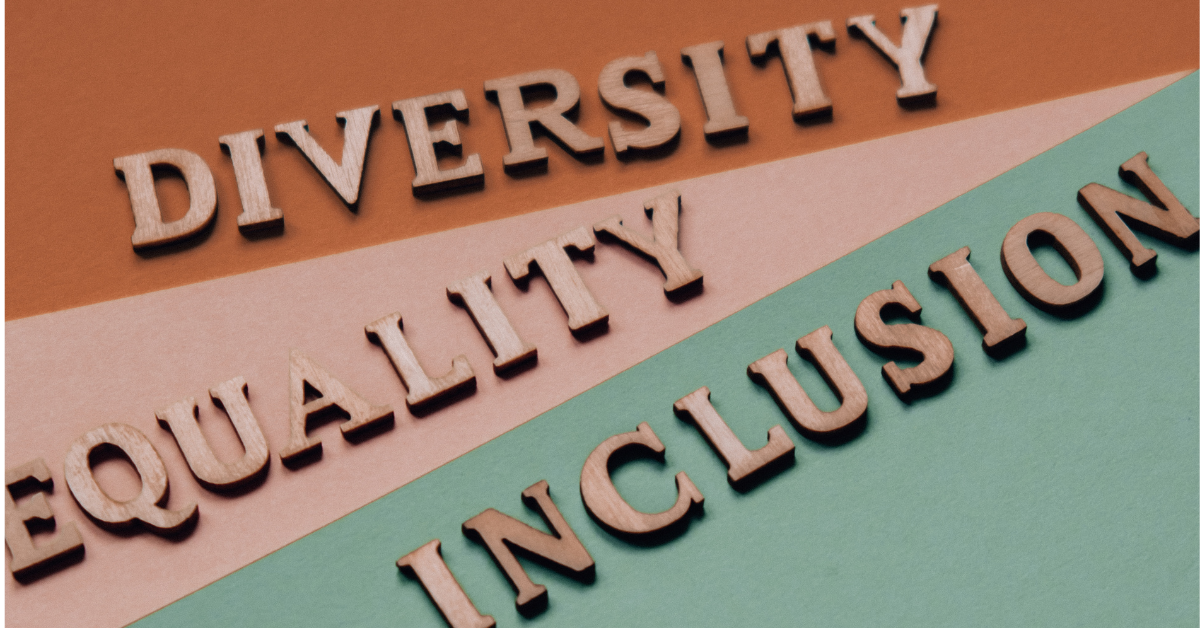The evolving political landscape is reshaping how organizations approach Diversity, Equity, and Inclusion (DEI) initiatives. Businesses will need to find a balanced approach that fosters inclusive work environments and ensures merit-based opportunities remain at the forefront. While these legislative changes are still in the works, we encourage organizations not to abandon the spirit of DEI and the value that having inclusive practices, equitable landscapes, and diverse workforces brings to an organization’s employees and customers. These changes do highlight the need for a strategic approach to HR practices and communication to navigate the internal and external implications that unfold.
Key Changes Impacting HR Practices
Recent political actions, including state-level legislation and federal discussions, have focused on restricting or redefining DEI and DEIA (Diversity, Equity, Inclusion, and Accessibility) policies. These changes aim to:
- Limit mandatory DEI training programs.
- Emphasize hiring practices based on merit.
- Reassess corporate policies tied to diversity goals.
Although these measures vary by region, their implications for people and culture are significant. Organizations should remain agile and informed and adapt their strategies to ensure compliance while maintaining a positive and productive workplace culture.
Balancing Inclusion and Merit-Based Practices
For HR leaders, the challenge lies in fostering environments where diversity and inclusion thrive while upholding principles of fairness and merit for all. This balance is critical to attracting and retaining top talent, driving innovation, and meeting organizational goals. By addressing both priorities, companies can:
- Promote transparency in hiring and advancement processes.
- Build trust among employees by demonstrating a commitment to equity and fairness.
- Ensure compliance with emerging regulations without compromising organizational values.
Proactive Steps for Organizations
To navigate this shifting terrain, HR leaders should plan next steps to avoid knee-jerk reactions that can negatively affect employee and customer relations.
- Audit Current Policies: Review current DEI initiatives, hiring practices, and training programs to ensure they align with emerging legislative requirements while reflecting the organization’s values and goals.
- Engage Experts: Work with HR advisors and/or legal professionals to assess risks and opportunities to accomplish any legal requirements and your workplace culture goals.
- Foster Open Communication: This is a hot topic for employees. Create channels for them to voice concerns and provide feedback. Acknowledge and validate the natural emotions in play, reinforcing, above all, that you are listening, learning, and navigating the evolving situation, seeking to understand what is appropriate for compliance, the organization’s people and cultural goals.
- Stay Informed: Monitor changes in legislation at the federal and state levels to anticipate deadlines, compliance requirements, and clarifications that transpire over the next few weeks and months.
- Create a Plan: Create a plan for your organization’s pathway to the future that incorporates any legal requirements and promotes positive, inclusive, and productive workplace cultures.
At Evolve HR Group, we specialize in guiding clients through complex transitions and legislative changes, ensuring they remain compliant while culture continues to thrive. Our team is here to help you strike the right balance for your organization with confidence and clarity.
